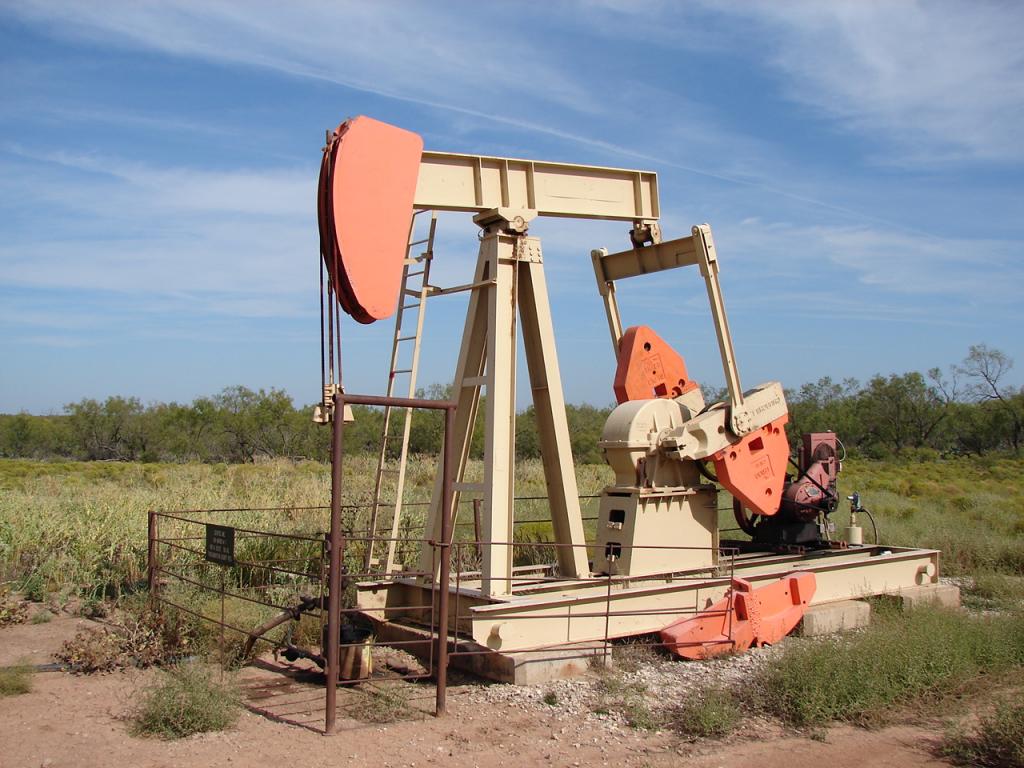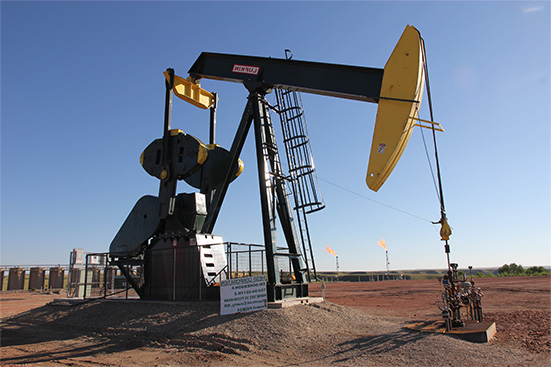
Savvy investors are always on the lookout for commodities that have potential earning values with great upside potential and little downside. Owning oil and gas royalties is a time-tested and valuable protocol for a lot of investors.
For both buyers and sellers, oil and gas royalties can be a lucrative investment opportunity. Whether you are interested in buying or selling oil and gas as an investment vehicle, the important thing to remember is to have a trusted, reliable, and experienced oil and gas investment company as your partner.
Understanding Oil and Gas Royalties
Oil and gas royalties refer to the payments made to the owner of the mineral rights, which are the rights to extract oil and gas from the land. These royalties are typically a percentage of the revenue generated from the production and sale of the oil and gas extracted from the land.
There are four types of oil and gas royalties.
Working Interest (WI)
Exploration and Production companies obtain subsurface rights from landowners through a lease known as Working Interest (WI), which grants them the authority to explore, drill, and extract mineral reserves. The WI owner is responsible for all expenses incurred during exploration and development activities. Upon generating revenue from the minerals leased to third parties, the WI owner receives all profits after deducting costs.
Royalty Interest (RI)
When a landowner grants a Working Interest (WI) in mineral resources, they receive a Royalty Interest (RI) in return. The RI owner is entitled to a percentage of the revenues generated when a well is in production and also receives executory rights, bonuses, and lease payments. These revenues are paid out regularly in royalty streams, and the RI holder shares in proportion to their ownership share of the revenues.
Contact DW Energy
Want to learn more about oil & gas investing? Our expert team can provide you with more information or schedule a consultation to talk about diversifying your investment portfolio.

Non-participating Royalty Interest (NPRI)
A Non-participating Royalty Interest (NPRI) is a type of lease granted by the Royalty Interest (RI) owner. It entitles the NPRI holder to a share in royalties generated from production revenues, but they do not have any executory rights to issue new leases or receive bonuses or lease payments.
Overriding Royalty Interest (ORRI)
An Overriding Royalty Interest (ORRI) is created when a Working Interest (WI) owner leases a portion of their WI to a third party. ORRI grants an undivided, non-possessory right to a share of the production, with the exception of production costs associated with the mineral lease.
Oil and gas royalties are typically calculated based on the value of the production. The royalty rate is negotiated between the owner of the mineral rights and the company extracting the oil and gas, and can range from 12.5% to 25% of the production value.
Royalties are an important source of income for landowners who have mineral rights. They can provide a steady stream of income over many years, as oil and gas production can last for decades.
Benefits of owning oil and gas royalties
Passive income
Oil and gas royalties provide a steady stream of income without requiring active involvement in the production or extraction process.
Diversification
Investing in oil and gas royalties can be a way to diversify your investment portfolio, as it is not directly tied to the stock market or other traditional investments.
Potential for long-term income
Oil and gas royalties have the potential to generate income over a long period, even several decades.
Inflation protection
Oil and gas royalties are often adjusted for inflation, meaning that the income generated can maintain its purchasing power over time.
Potential for capital gains
Depending on the specific terms of the royalty agreement, there may be opportunities for capital gains if the value of the underlying oil or gas reserves increases.
Tax advantages
Royalties may be subject to favorable tax benefits, such as depletion allowances, which can reduce the tax liability associated with the income generated.
Take the next step
The process of acquiring and managing oil and gas royalties can be complex and require specialized knowledge and expertise.
DW Energy Group is an oil and gas investment company that has 30 years of oil and gas experience. DW has partnered with the world’s most successful exploration and production companies to provide high-potential oil and gas investment opportunities to qualified investors. If you are a qualified investor looking for a financial project that has a high potential of delivering long-term passive monthly income and excellent cash returns, get in touch.
Contact dw energy
Sources:
“Royalty Interest,” Investopedia, https://www.investopedia.com/terms/r/royalty-interest.asp
“Mineral Rights,” Geology.com, https://geology.com/articles/mineral-rights.shtml
“Types of Mineral Interests and Royalty Interests,” Rocking Minerals, https://rockingww.com/types-of-mineral-interests-and-royalty-interests/
“Types of Mineral Rights,” Blue Mesa Minerals, https://bluemesaminerals.com/types-of-mineral-rights/
